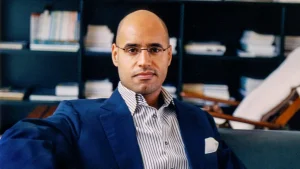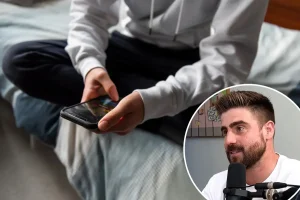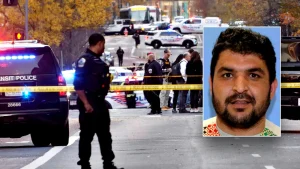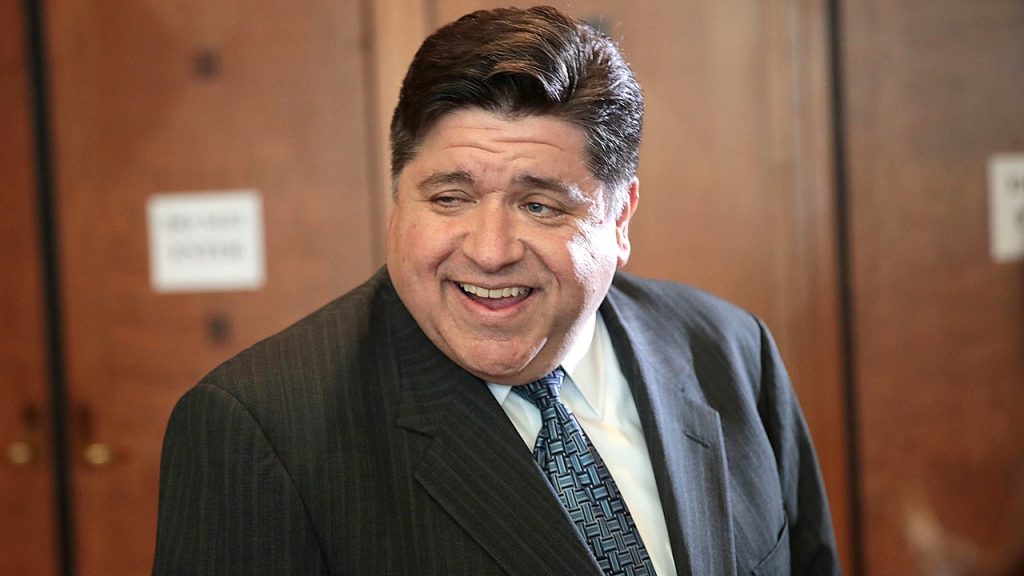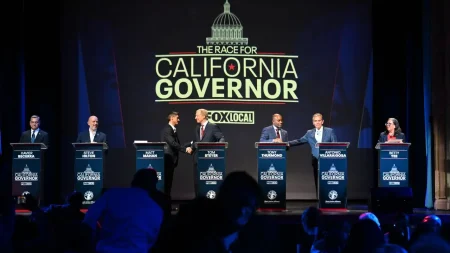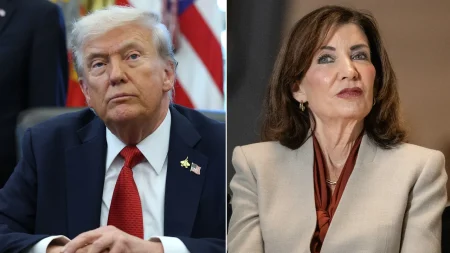Trump’s Potential National Guard Deployment to Chicago Sparks Political Tension
Illinois Governor JB Pritzker has firmly pushed back against reports that President Donald Trump’s administration is planning to deploy National Guard troops to Chicago to address crime. The Democratic governor stated that “there is no emergency” in Illinois that would warrant such federal intervention, characterizing Trump’s potential move as “attempting to manufacture a crisis” for political gain. This confrontation highlights growing tensions between federal and state authorities over crime management approaches and the proper role of military forces in domestic policing.
The controversy emerges following Trump’s recent decision to increase federal law enforcement presence in Washington, D.C., where hundreds of federal agents and National Guard troops have already been deployed as part of what critics describe as a federal takeover of the district. According to The Washington Post, the Pentagon has been planning a similar military deployment to Chicago that could involve mobilizing thousands of National Guard troops as early as next month. This potential escalation has alarmed Illinois state leaders who view it as an unnecessary and potentially harmful federal overreach into local affairs that could damage police-community relations at a time when they claim crime statistics are actually improving.
Governor Pritzker emphasized that Illinois has neither requested federal assistance nor received any outreach from the federal government about potential help. “The safety of the people of Illinois is always my top priority,” Pritzker stated, “There is no emergency that warrants the President of the United States federalizing the Illinois National Guard, deploying the National Guard from other states, or sending active duty military within our own borders.” His statement reflects broader concerns about the precedent such deployments might set regarding federal authority over state National Guard units and local policing matters, especially when state officials explicitly oppose such intervention.
The political dimensions of this conflict are evident in the responses from other Illinois Democratic leaders. Lieutenant Governor Juliana Stratton characterized Trump’s reported plans as proof that “he is willing to go to any lengths possible to create chaos if it means more political power—no matter who gets hurt.” She further emphasized that crime in Chicago is already declining under the current administration’s reform-oriented approach to criminal justice. Chicago Mayor Brandon Johnson similarly warned that “unlawfully deploying the National Guard to Chicago has the potential to inflame tensions between residents and law enforcement when we know that trust between police and residents is foundational to building safer communities.” Both officials cited statistical improvements in public safety metrics, including significant decreases in homicides, robberies, and shootings over the past year.
This standoff reflects fundamental disagreements about both the facts on the ground and the proper approach to public safety. While Illinois officials point to declining crime statistics and emphasize community-oriented solutions, the Trump administration appears to favor a more aggressive, federally-directed approach to urban crime. The situation raises complex constitutional questions about federalism and the limits of presidential authority to deploy military forces domestically against the wishes of state and local governments. It also touches on sensitive issues regarding the militarization of policing and its potential impacts on civil liberties and community relations.
The developing situation in Chicago could become a significant test case for federal-state relations and approaches to urban crime management. Governor Pritzker has vowed to “continue to follow the law, stand up for the sovereignty of our state, and protect the people of Illinois” in the face of what state officials characterize as federal overreach. As this confrontation unfolds, it highlights broader national debates about policing, federalism, and the political dimensions of public safety policy in an already deeply divided country. The outcome may set important precedents for how similar situations are handled in other cities and states where federal and local perspectives on crime and policing diverge.
